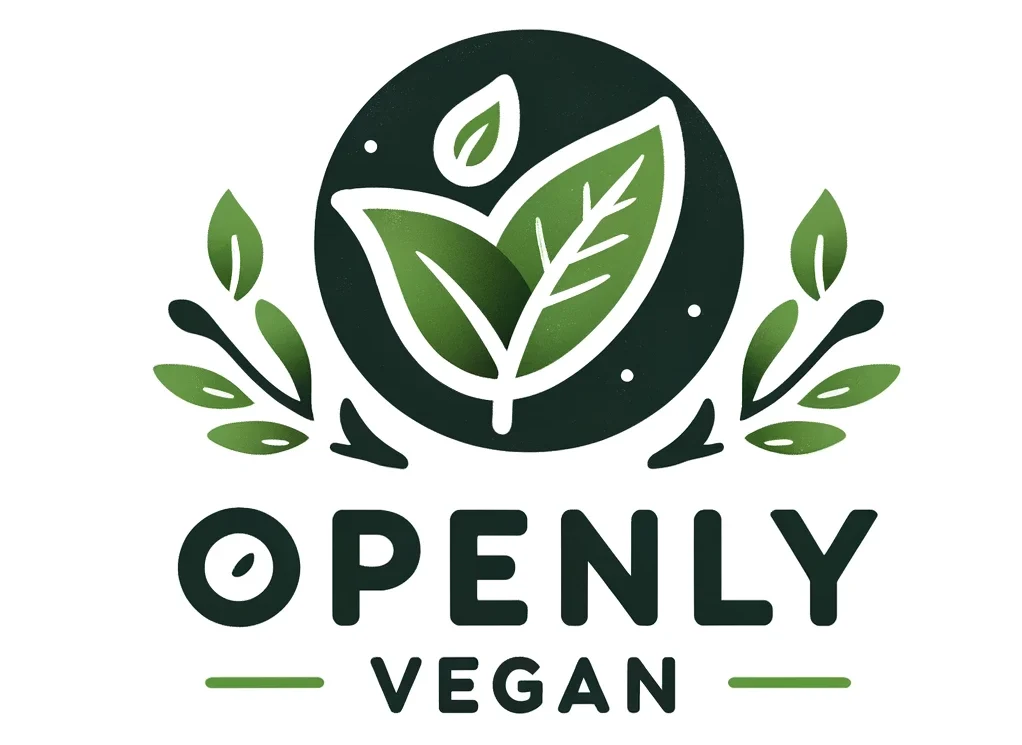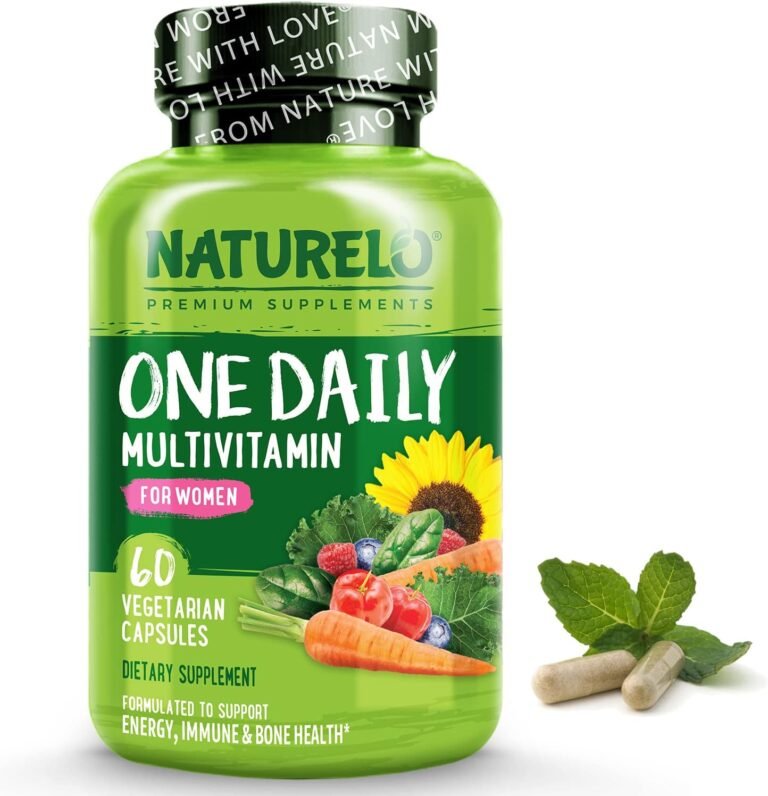Veganism Meaning: A Comprehensive Guide to Ethical Living
Intro
People worldwide now ask what ethical living truly means in today’s society. The concept of veganism reaches way beyond the reach and influence of avoiding animal products. This lifestyle choice represents a complete approach that affects our food selections, clothing preferences, and daily decisions. The philosophy has transformed from a basic dietary choice into a worldwide movement. Its core principles, practical applications, and significant effects on animal welfare, environmental sustainability, and human health deserve a closer look.
Understanding Veganism’s Core Philosophy
The practice of veganism dates back more than 2,000 years. It’s much more than a modern dietary trend [1]. Ancient thinkers like Pythagoras and Siddhārtha Gautama (the Buddha) laid the groundwork for vegan philosophy around 500 BCE [1].
Historical Origins and Development
Veganism’s rise features several turning points. Ancient philosophers taught kindness between species. Dr. William Lambe and Percy Bysshe Shelley introduced the earliest formal vegan concepts in 1806 [1]. Donald Watson and his wife Dorothy created The Vegan Society with five others in 1944, and they coined the term “vegan” [2].
Key Principles of Ethical Living
The Vegan Society’s core philosophy since 1988 includes these vital principles [2]:
- No animal exploitation in any form
- Support for animal-free alternatives
- Steadfast dedication to environmental sustainability
- Benefits to human health
Leslie J Cross expressed the foundation of ethical veganism in 1949 as “the principle of the emancipation of animals from exploitation by man” [1]. This definition grew to stress avoiding all forms of animal exploitation.
Beyond Diet: The Complete Lifestyle
Veganism reaches beyond food choices. It’s a detailed philosophy that affects daily life [3]. Today’s ethical vegans think about their effect on animals with every purchase, from clothes to entertainment and household items [3]. This integrated approach became so important that Great Britain legally recognized ethical veganism as a protected philosophical belief in 2020 [3].
The movement now tackles modern challenges. People choose veganism to improve their health, help the environment, and protect animals [4]. Modern veganism’s appeal lies in its flexibility – plant-based alternatives are available for almost everything in regular grocery stores [4].
The Three Pillars of Vegan Ethics
The three fundamental pillars are the foundations of vegan ethics. Each one helps us grasp what veganism truly means in practice.
Animal Rights and Welfare
Animal rights are the life-blood of vegan ethics. This philosophy shows that all sentient beings deserve intrinsic rights – the right to life, body autonomy, liberty, and freedom from torture [5]. Our steadfast dedication goes beyond just thinking about welfare. We challenge the idea that animals should be treated as commodities or property.
Environmental Sustainability
The data about our dietary choices’ effect on the environment speaks volumes. Research reveals that vegan diets lead to:
- 75% less climate-heating emissions and water pollution [6]
- 66% reduction in wildlife destruction [6]
- 54% decrease in water usage [6]
- 93% lower methane emissions compared to high-meat diets [6]
Animal agriculture affects environmental degradation by a lot. Livestock farming causes about 70% of river and lake pollution [7]. The effect reaches way beyond the reach and influence of water systems. Research shows that meat and dairy products create 57% of global greenhouse gas emissions from food production [8].
Human Health Benefits
Evidence strongly supports a vegan lifestyle’s health advantages. The American Heart Association confirms that a vegan diet lowers our risk of coronary heart disease, diabetes, and various types of cancer [9]. Studies reveal that vegans have lower blood sugar levels and better insulin sensitivity [10]. On top of that, plant-based diets work especially well at reducing blood pressure. Vegans benefit from up to a 75% lower risk of developing high blood pressure [10].
These three pillars show how veganism offers an integrated approach to ethical living that helps animals, our planet, and our health all at once.
Practical Implementation of Vegan Living
A successful switch to vegan living needs practical strategies and thoughtful planning. We found that people succeed more with simple, manageable steps instead of making dramatic overnight changes [11].
Daily Lifestyle Choices
Our experience with veganism starts with mindful choices in daily routines. Research shows new vegans succeed most with the simplest swap – non-dairy milk [11]. These key elements help build a vegan lifestyle:
- Choose whole, nutritious foods that are naturally vegan
- Read product labels carefully for hidden animal ingredients
- Select cruelty-free personal care products
- Opt for plant-based alternatives in clothing and accessories
Navigating Social Situations
Social gatherings can be easy to handle. Studies show that bringing food to events with a positive attitude helps others accept our choices better [12]. These strategies work well at cookouts or family gatherings:
- Let hosts know about dietary needs early
- Bring tasty vegan dishes to share
- Show appreciation to hosts who provide vegan options [12]
Building a Sustainable Routine
A solid vegan routine goes beyond diet changes. Meal prep and batch cooking of staples make weekly planning easier [11]. Our research shows that keeping a visible list of “vegan regulars” helps stay consistent [11].
Good nutrition comes from including protein sources in all main meals [11]. Health food stores are great places to explore new ingredients and products [11]. The vegan community provides great support and resources that help maintain our lifestyle choices [13].
Overcoming Common Challenges
A vegan lifestyle offers many benefits, but the switch comes with its own set of challenges. Let’s look at some practical ways to handle common obstacles you might face as you begin this experience.
Addressing Nutritional Concerns
Good nutritional planning is vital to stay healthy. Research shows that vegans might lack certain nutrients, especially vitamin B12, iron, and calcium [14]. Here’s how we make sure to get these essential nutrients:
- Fortified cereals and plant milk for vitamin B12 and calcium
- Legumes, tofu, and leafy greens for iron
- Seeds and nuts for omega-3 fatty acids
- Plant-based protein sources like beans, lentils, and quinoa
Managing Social Pressure
Social challenges are often the biggest roadblock in a vegan lifestyle [13]. Studies show many people feel torn between their values and social acceptance [13]. Clear communication helps handle these situations better.
Workplace pressure becomes easier to handle once you develop resilience and stick to your choices [15]. The original skepticism often turns into interest about your lifestyle, and colleagues start asking about plant-based eating [15].
Finding Alternative Products
We live in a time where you can find hundreds of tasty vegan alternatives for almost any non-vegan product [16]. Brands like Gardein, Beyond Meat, and Miyoko’s Creamery make great options that help smooth the transition [16].
Here’s what we’ve learned about shopping for alternatives:
- Check ingredient lists carefully for hidden animal products [17]
- Use the vegan filter when shopping online [17]
- Ask store staff for guidance in locating specific items [17]
Research shows that meat substitutes from soy, legumes, and cereals make excellent transition foods because people are more likely to try them [18]. Plant-based alternatives work best when they mimic processed meat products like burgers and sausages instead of whole cuts of meat [18].
Conclusion
Veganism means much more than just watching what you eat – it shapes a complete ethical framework that impacts every part of our lives. Its rich historical roots stretch back more than 2,000 years, and it has grown into a recognized philosophical belief system.
Animal rights, environmental sustainability, and human health form the foundation of vegan ethics. The evidence supporting this lifestyle speaks volumes. Studies show that it cuts climate-heating emissions by 75% and reduces the risk of numerous health conditions.
Managing nutrition and social situations can be challenging. However, good planning and community support make the switch to veganism achievable. Plant-based options and public awareness have made vegan living easier than before. The growing scientific knowledge and expanding range of plant-based choices make veganism a practical way to match daily habits with ethical values.
FAQs
What is veganism and what are its benefits?
Veganism involves abstaining from all animal products, including meat, dairy, eggs, and honey. Approximately 3% of Americans are vegans, choosing this lifestyle for various reasons. Many adopt a vegan diet to enhance their health, as studies suggest that plant-based diets can reduce the risk of several diseases.
How is veganism defined?
Veganism is the practice of avoiding the use of animal products in all forms, whether in diet or lifestyle. This includes not consuming meat, fish, eggs, dairy, or using products like leather. It represents a lifestyle commitment beyond just dietary choices.
What are the ethical principles guiding vegans?
Ethical vegans believe that all living creatures deserve life and freedom. They view animals as conscious beings who seek to avoid pain and suffering. Therefore, ethical vegans oppose killing animals for food, clothing, or any other purpose, advocating for their rights and welfare.
Why is veganism considered important?
Veganism is crucial because it seeks to minimize animal suffering and promote a more compassionate world. It involves choosing plant-based alternatives to animal products, thereby addressing both dietary and lifestyle aspects to foster a humane society.
What distinguishes ethical veganism from other forms of veganism?
Ethical veganism specifically focuses on the moral principles of avoiding harm, exploitation, and death of animals. It does not necessarily require eliminating all indirect animal suffering but emphasizes abstaining from direct harmful actions. This philosophy can be contrasted with other motivations for veganism, such as environmental concerns or health benefits, which do not inherently align with the ethical stance against animal exploitation.
References
[1] – https://www.vegansociety.com/about-us/history
[2] – https://www.earthsave.ca/blog/a-brief-history-of-veganism/
[3] – https://www.vegansociety.com/news/blog/foundations-ethical-veganism
[4] – https://greenly.earth/en-us/blog/ecology-news/veganism-principles-issues-and-tips-to-make-it-sustainable
[5] – https://veganfta.com/2023/01/15/animal-rights-vs-veganism/
[6] – https://www.theguardian.com/environment/2023/jul/20/vegan-diet-cuts-environmental-damage-climate-heating-emissions-study
[7] – https://www.jabbnet.com/article/10.31893/jabb.23015/pdf/jabbnet-11-2-e2023015.pdf
[8] – https://www.pcrm.org/good-nutrition/vegan-diet-environment
[9] – https://pmc.ncbi.nlm.nih.gov/articles/PMC11016330/
[10] – https://www.healthline.com/nutrition/vegan-diet-benefits
[11] – https://www.brownbleprograms.com/blog/q-and-a-how-to-get-started-with-a-plant-based-life
[12] – https://www.animaladvocatesscpa.com/blog/post/navigating-social-situations-vegan/
[13] – https://angelacrawfordphd.com/2024/10/03/navigating-social-situations-on-your-vegan-path/
[14] – https://mycarelabs.com/blog/exploring-vegan-diet-side-effects-risks-of-poor-vegan-diet/
[15] – https://activevegetarian.com/lifestyle/vegan-tips-on-how-to-deal-with-social-pressure/
[16] – https://vegan.com/food/vegan-alternatives/
[17] – https://www.wholefoodsmarket.com/special-diets/vegan/vegan-grocery-list
[18] – https://pmc.ncbi.nlm.nih.gov/articles/PMC7912826/







